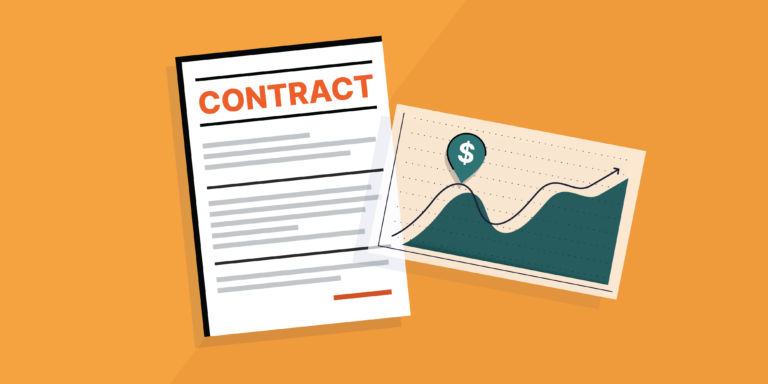

An escalation clause in a construction contract allows for the escalation of a certain price for labor or materials to be used in a construction project. Specifically, an escalation clause is most commonly used to account for the potential fluctuation of material prices throughout the life of the project.
Table of contents
The bottom line is that escalation clauses protect your bottom line.
The first benefit for contractors using an escalation clause is protection against price surges. Profit margins can be thin in construction, and absorbing a cost increase for materials could really endanger the bottom line.
The customer's benefits aren't as clear-cut, but escalation clauses can actually be beneficial to everyone involved. When escalation clauses are used, bidders don't need to bake in as much risk into their bids. When they know that a sudden jump in the cost of fuel or steel won't derail their entire margin, bidders can more accurately bid on the job.
Furthermore, escalation clauses can work both ways (upstream and downstream). So, there's the potential to include de-escalation provisions that will lower the price if the cost of materials drops. Those situations can really create a win-win and a fair allocation of risk.
So, on large projects where lots of materials will be used, or on drawn-out jobs where the project's life cycle will take an extended amount of time, escalation clauses can become important in order to account for changes in the price of materials.
Material prices tend to rise. Typically, they'll rise at a steady pace so that contractors, subcontractors, and suppliers can account for the increase in their bids. But what about when prices are volatile? What's the protection when prices jump? That's what an escalation clause is for.
So what sort of volatility might create the need for an escalation clause? Basically, any event that could cause a jump in prices, such as: